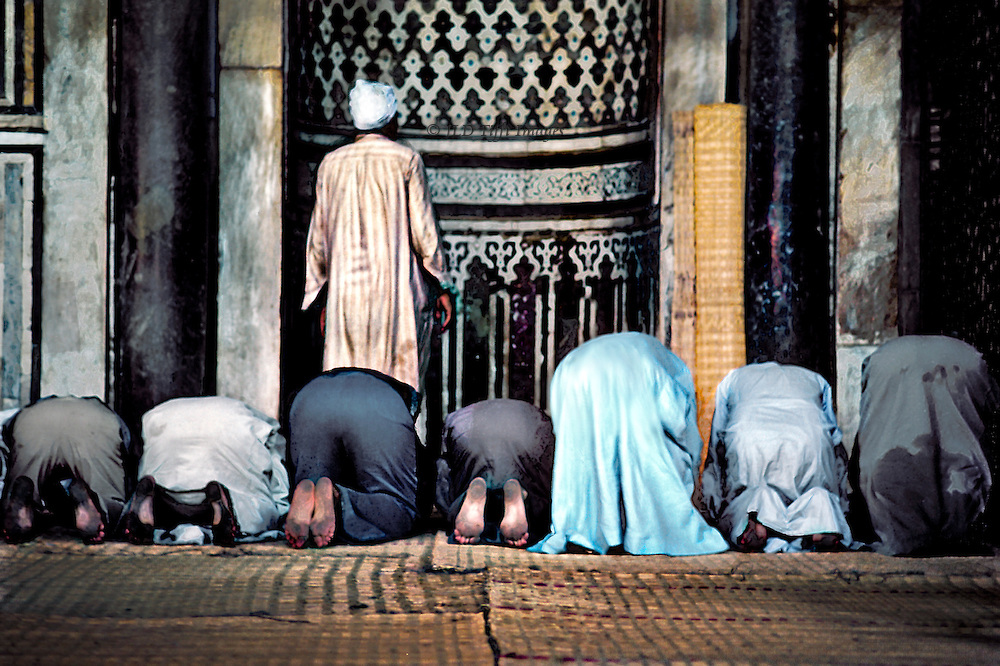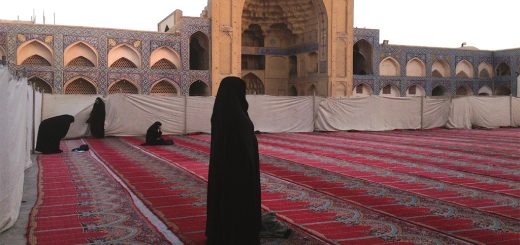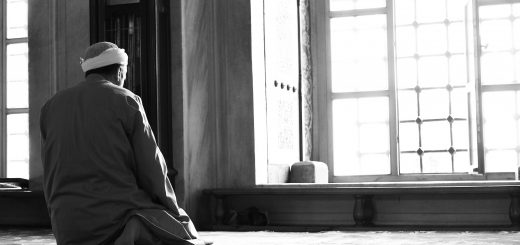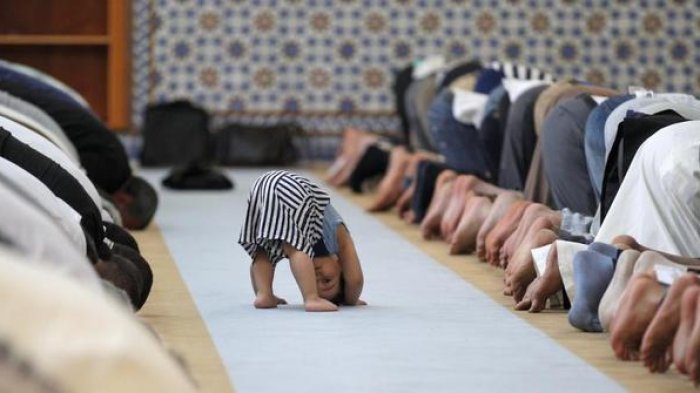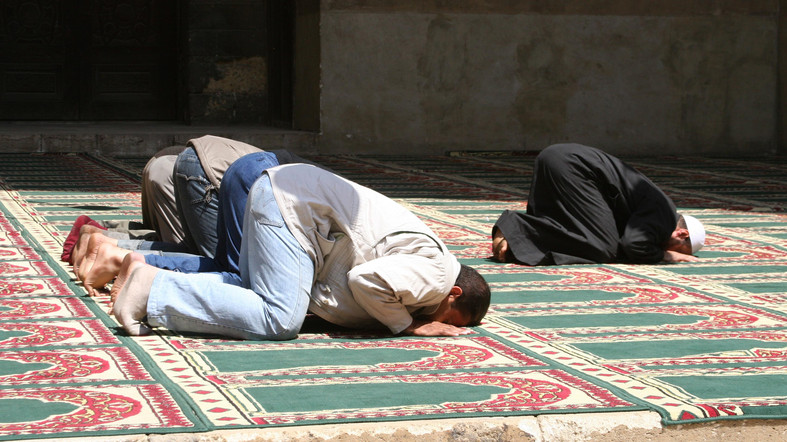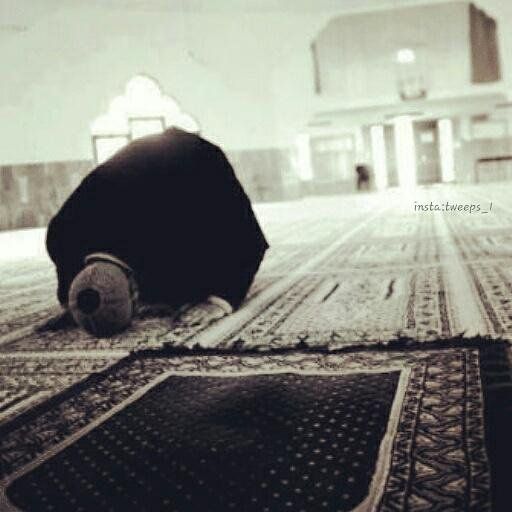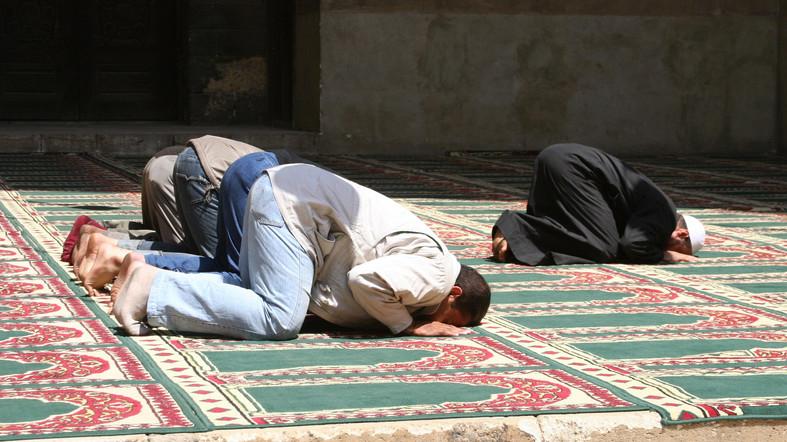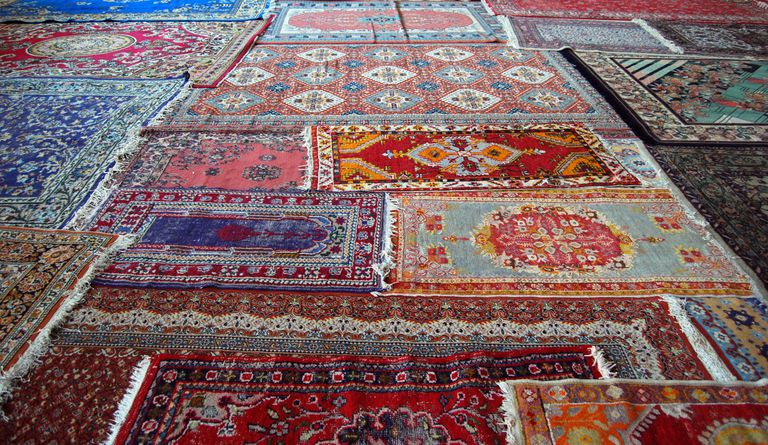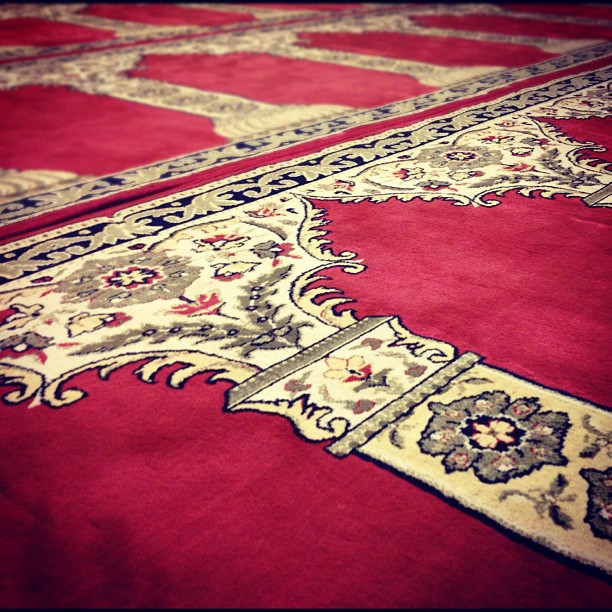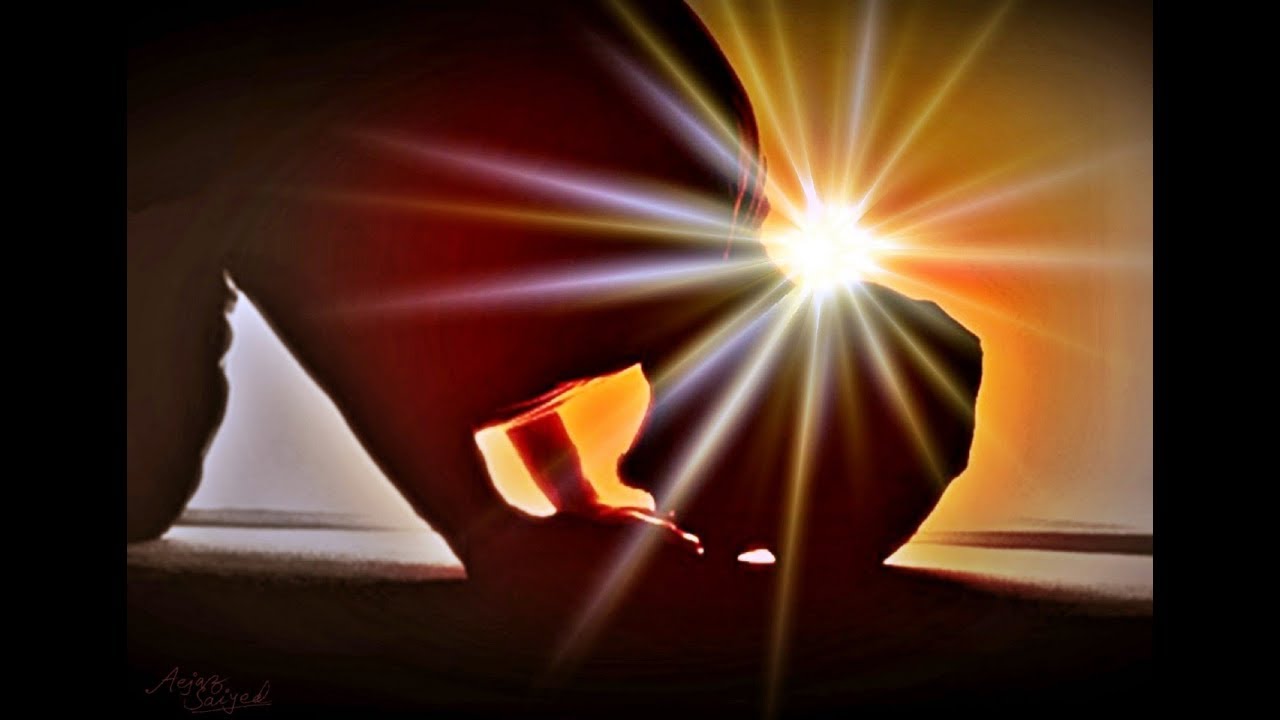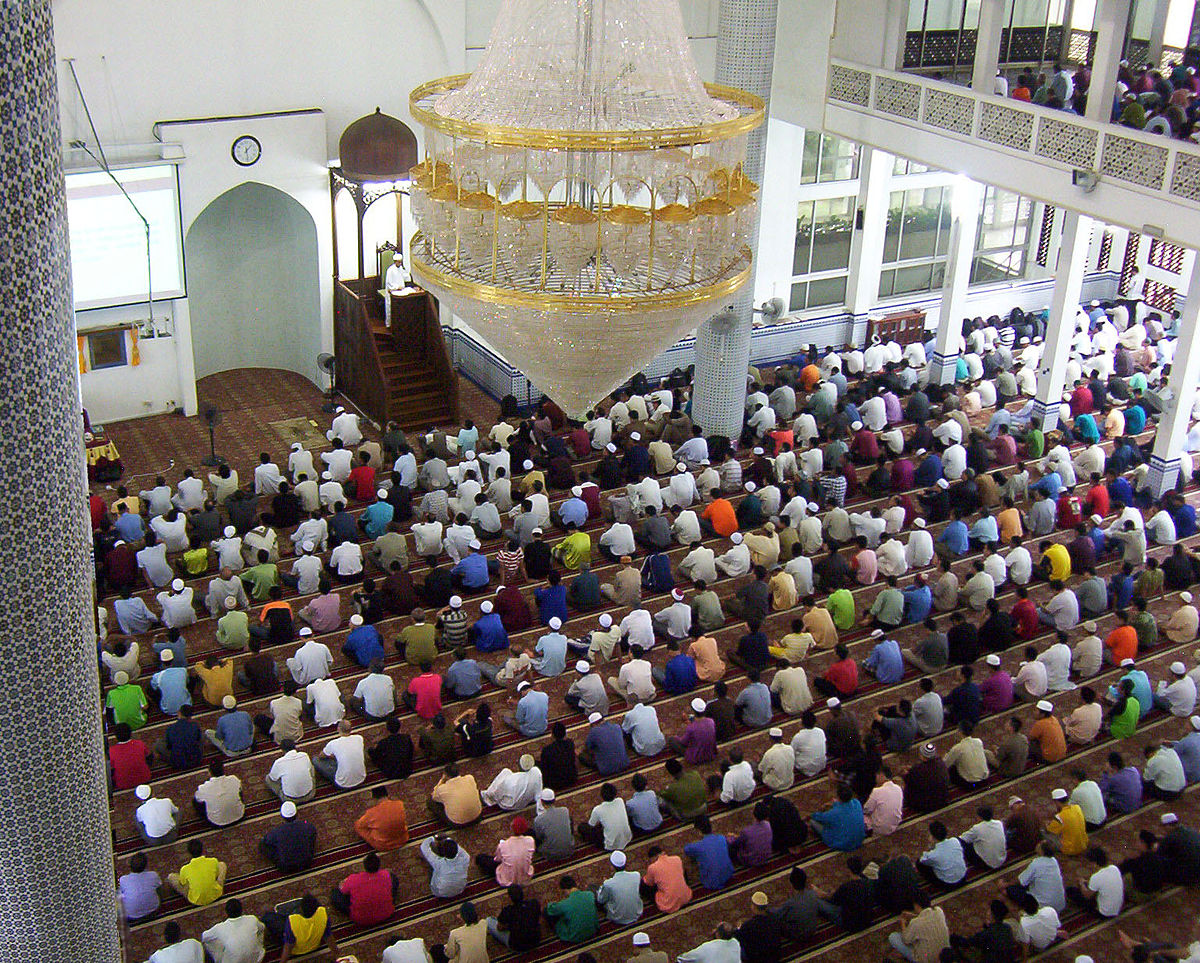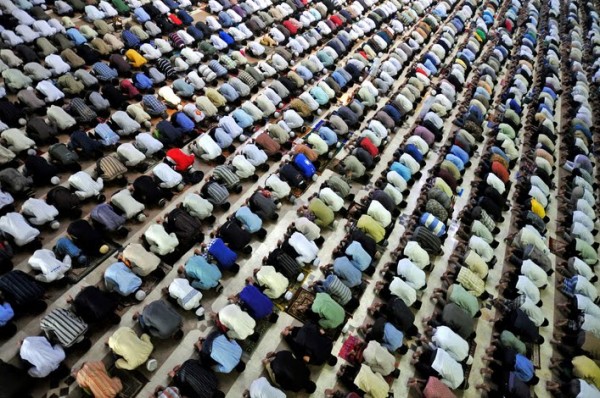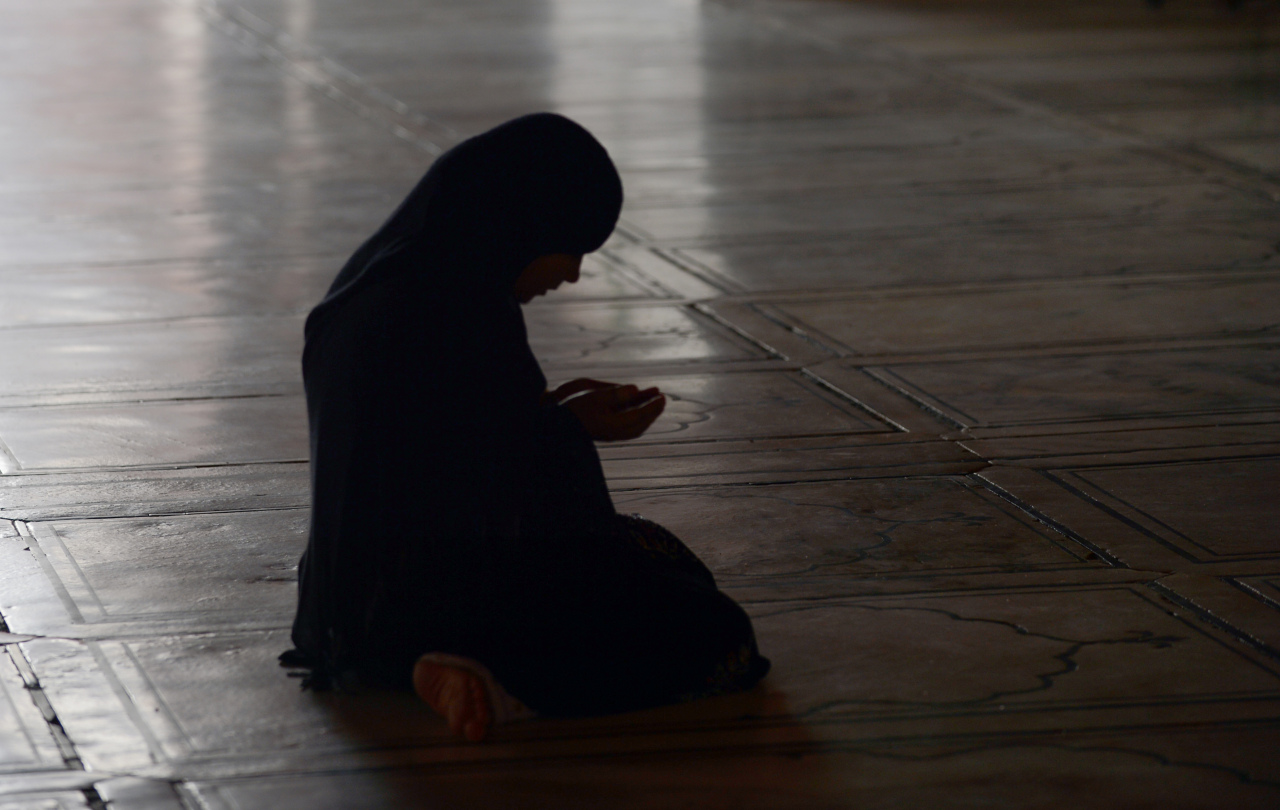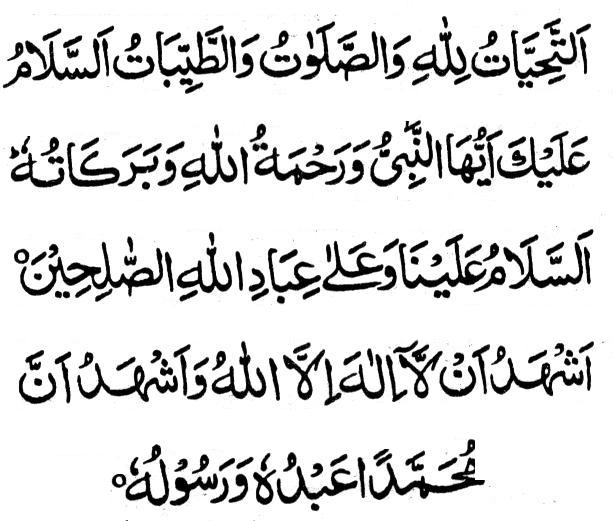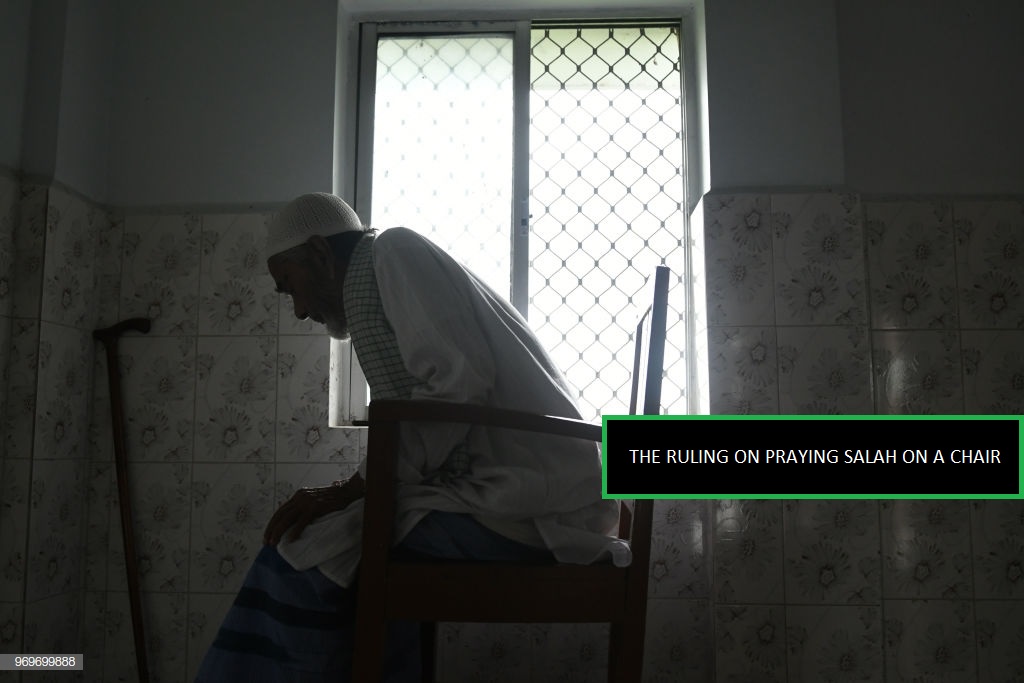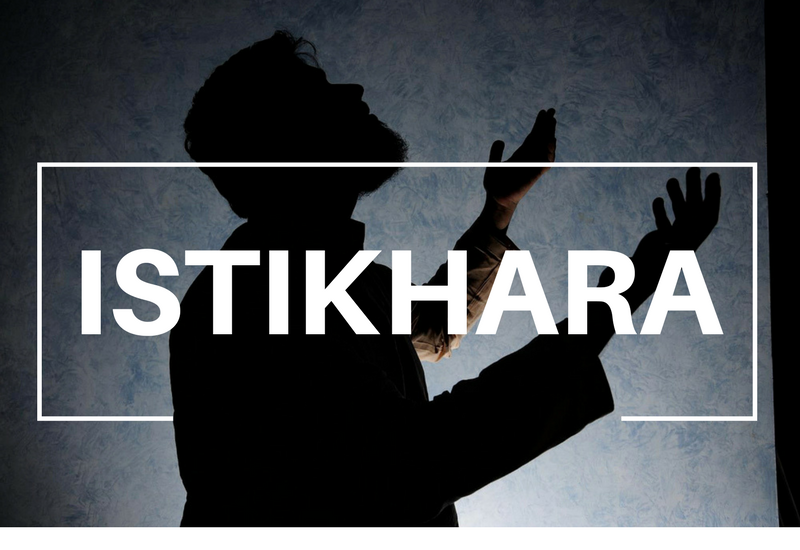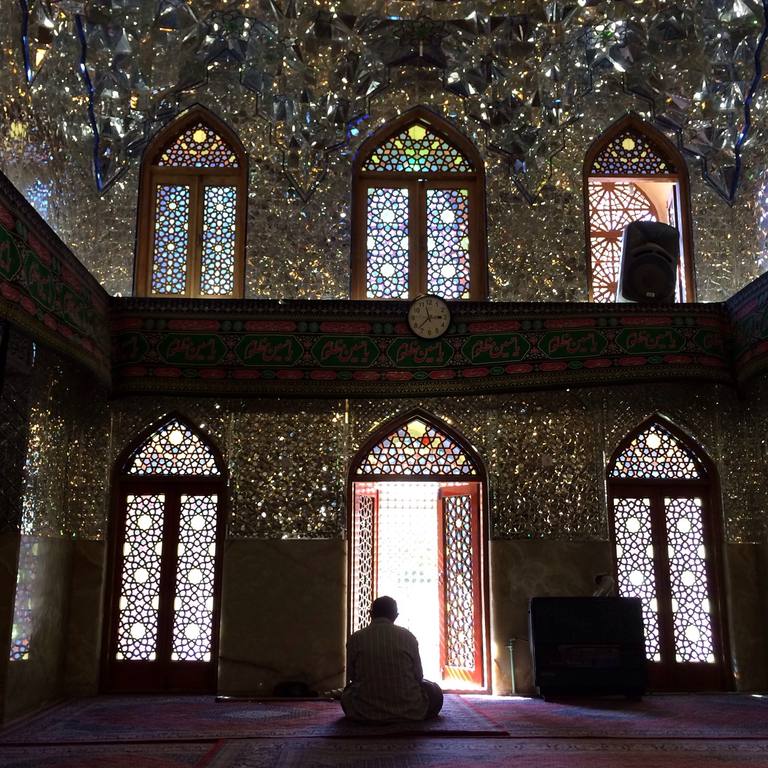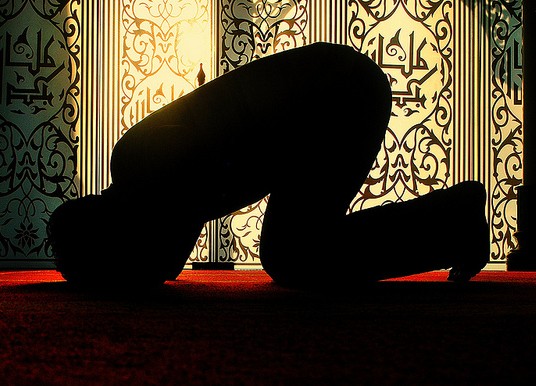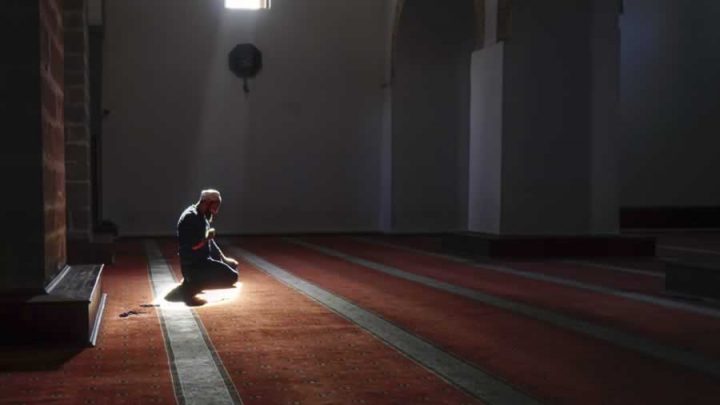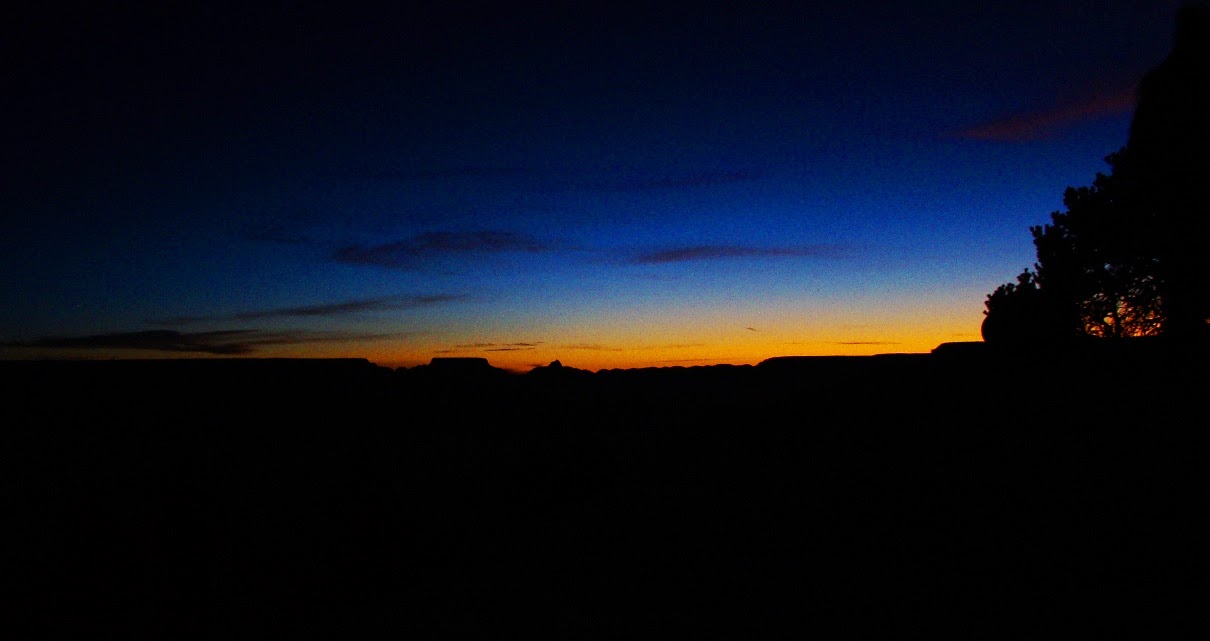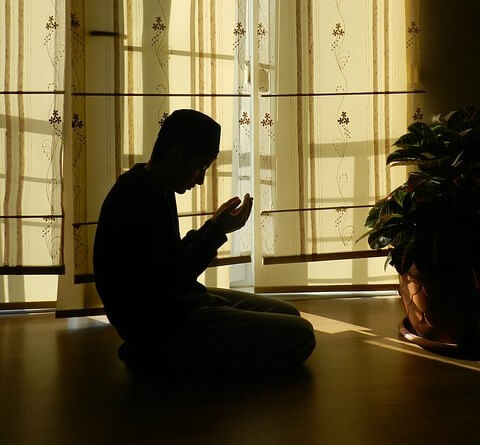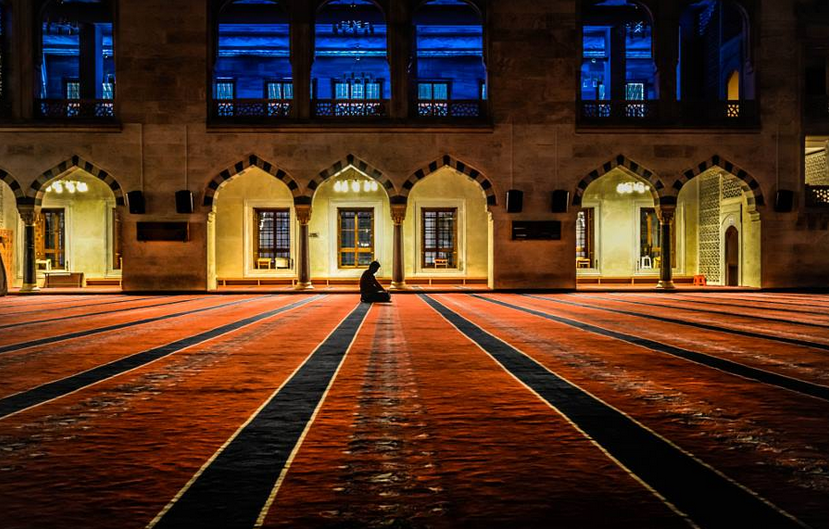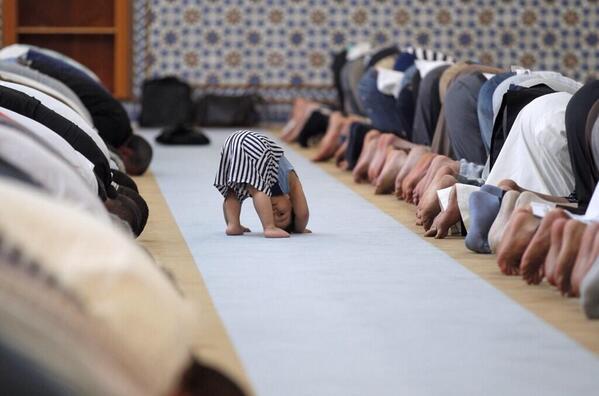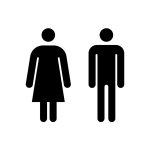QUESTION:
If I am going to pray Salah with my friend and he has a number two sized beard but mine is full length then my understanding is that I need to lead the prayer as it won’t count behind him because he is an open sinner. If I read behind him I have to repeat my Salah. Am I correct?
And what about a different scenario; some people say knowledge comes before the beard. So if I was with someone knowledgeable who has a small beard can I read behind him regardless of his beard because obviously his knowledge is more or should someone with a full beard lead? But what if his qiraat is not good. Very confusing.
ANSWER:
ibn Umar Allāh Almighty be pleased with him narrates that,
ان رسول الله صلى الله عليه و سلم امر باحفاء الشوارب و اعفاء اللحى
“The Messenger of Allāh (صلى الله عليه وآله وصحبه وسلم) had commanded to shorten the moustaches and lengthen the beards.”
The jurists of the Hanafi fiqh have concluded from the above hadith and others the necessity (wujoob) of lengthening the beard to a fists length detail of which may be found in the books of fiqh. The one who openly disregards a wajib is a fasiq (open-sinner). Praying behind such a imam is disliked (makrooh) as clearly stated in the books.
Ibn Abideen mentions that a prayer performed with a makrooh tahrimi is wajib to repeat and only recommended (to repeat) if the makrooh is tanzihi.
As for the question ‘what if the certain individual is superior in knowledge and has better recitation skills?’ then such qualities with the continuation of open fisq doesn’t make the prayer free of dislike (makrūh).
Imam Shurunbulali states,
كره امامة (الفاسق) العالم لعدم احتمامه بالدين و تجب اهانته شرحا فلا يعظم بتقديمه للامامة
“What is disliked also is the leading of a prayer by a fasiq Alim. This is due to his lack of concern in practising the religion. Therefore the Sharia holds that he be disgraced and not be respected by being brought forward as the Imam.”
[Maraqi al-Falah]
There may be certain factors why certain individuals don’t allow a person to follow this ruling like in certain Arab countries I know of Ulamah (Scholars) being arrested and harassed for having lengthy beards and some forced to shave. There may also be a valid interpretation in different schools of fiqh about the length of the beard all of which I can’t comment on and they are better placed to give answers for.
I have here stated the Hanafi position as agreed by the overwhelming number of scholars adhering to this blessed school. This is the positioned held for centuries by our teachers and communities.
Imams and Pirs (spiritual guides) should be very cautious about introducing new opinions which may contradict well established and detailed fatawa of the Ulamah, especially if there isn’t a need for them or it leads to the Sunnah not being practised, as all agree that to lengthen the beard to a fist is without doubt a blessed Sunnah.
This is not to say that they don’t have the right to disagree, if they have the skills and qualities of ijtihad, but each opinion has its importance and the collective opinion of the school can’t be challenged with the opinion of an individual especially when the likes of Imam Muhammad Shaybani have stated it to be the opinion of the entire school and that one most important individual the great Imam Abu Hanifa himself held so.
[Kitab ul A`thaar]
The ruling to pray behind such a individual has been given but I would humbly request that such a person not put himself forward in a community that sees a shortening of the beard as a fisq. Imam Abdul Gani Nabalusi (رحمة الله عليه) in his great commentary to the Tariqah Muhammadiyah mentions this as a sin and a crime of the hand on the body to shorten the beard less than a fist.
One should remember the hadith reported by Ibn Hibban which states,
“There are three people whose prayer isn’t accepted. A Imam disliked by his congregation, a women who spends the night whilst her husband is angry with her and two feuding brothers.”
In the commentary of Hadiya ibn Ammad by Imam Al Nabalusi Ashami it mentions, “It is makrūh tahrimi for a Imam to lead a a group of people who hold a dislike to him because of a short coming understood to be found in him.”
Allāh Almighty knows best.
Answered by Shaykh Naveed Jameel ash-Shaami
Also see:
[Q-ID0037] Praying behind an Imam you have a bad opinion of or has a short beard
[Q-ID0217] What is the ruling regarding the beard and its length? My workplace says I must shave it.
[Q-ID0369] What are the pre-conditions to lead the prayer as Imam?
[Q-ID0032] Who should lead prayer, the knowledgeable person or the one with the beard?
